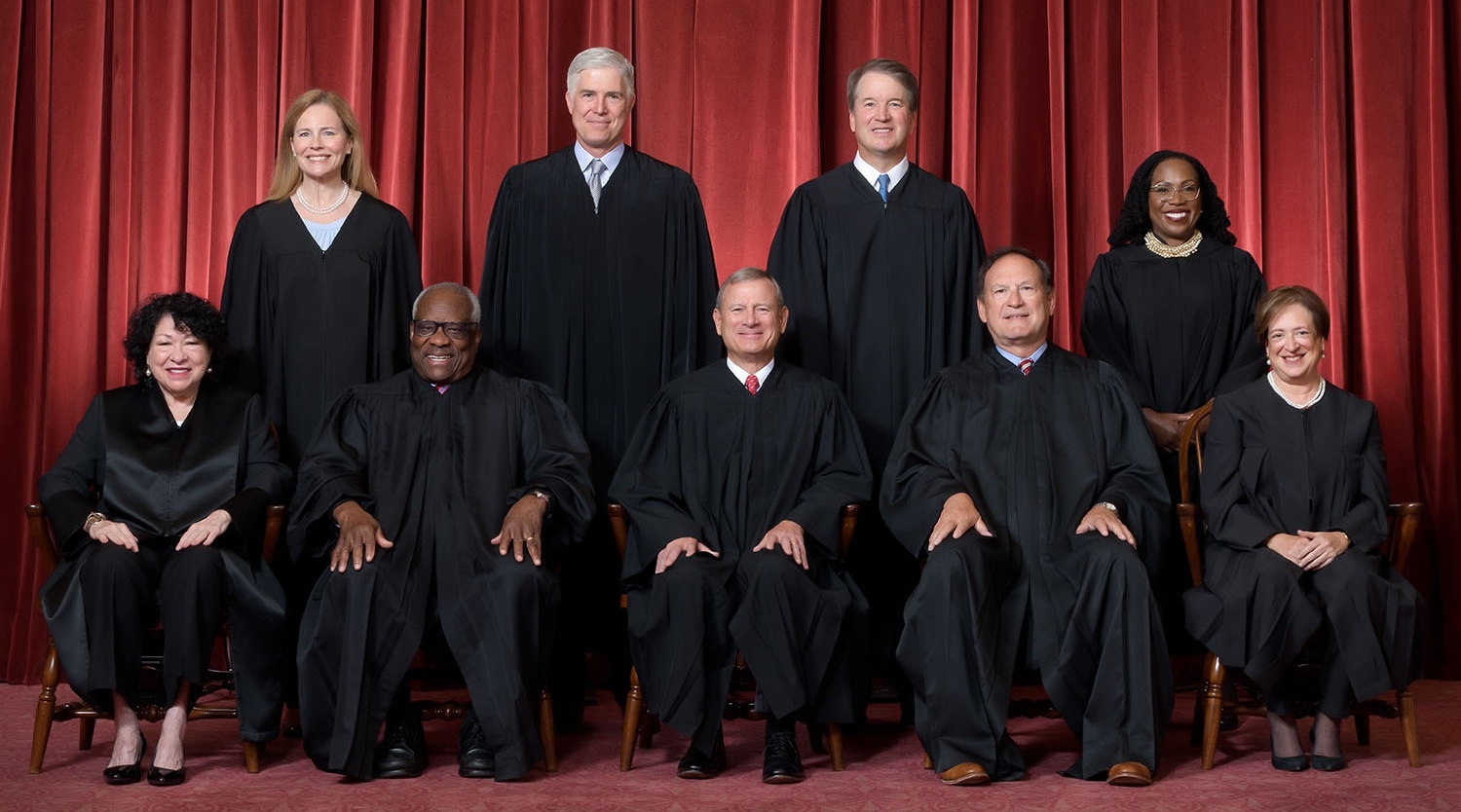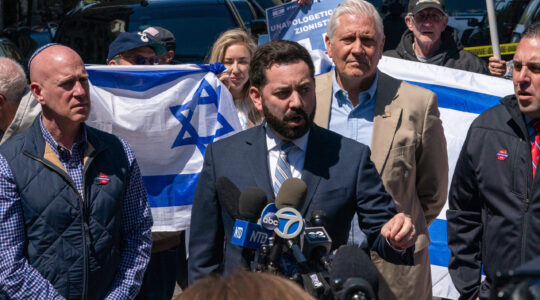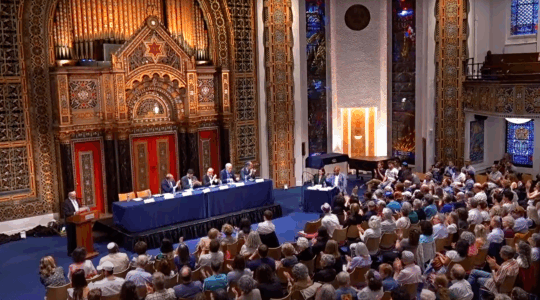WASHINGTON (JTA) — In a case that drew support from a broad array of Jewish groups, the Supreme Court ruled unanimously that employers had to show a “substantial” burden to deny workers religious accommodation.
In a decision released Thursday, the court sided with Gerald Groff, an evangelical Christian mail carrier who asked not to work on Sundays, his Sabbath. Jewish groups that do not often line up on the same side of church-state issues before the court were of a single voice in this case.
Justice Samuel Alito, writing the opinion, sought to substantially narrow a 1977 decision that faith groups have for years said is so broad in setting the standard for religious accommodation that it is meaningless.
“We think it is enough to say that an employer must show that the burden of granting an accommodation would result in substantial increased costs in relation to the conduct of its particular business,” Alito said.
The previous decision had said that “to require TWA to bear more than a de minimis cost in order to give Hardison Saturdays off is an undue hardship.” (The now defunct airline in that case was the employer and Larry Hardison was the employee seeking the Sabbath off.) With this ruling “substantial” effectively replaces “de minimus,” or “minimal,” as the standard.
The decision will have far-reaching consequences for Orthodox Jews, said Mitchel Aeder, the Orthodox Union’s president.
“Members of our community require accommodations for Sabbath and holiday observance, times to pray, the ability to keep kosher, and the like,” he said in a statement. “Such accommodations enable us to be not only faithful Jews but productive workers and members of American society. That is why the Orthodox Union advocated to the Court in support of Mr. Groff and why we welcome this landmark ruling.”
A number of Orthodox groups filed amicus briefs last year. This year, the Anti-Defamation League and the American Jewish Committee, civil rights groups that have often argued for church-state separations, also backed Groff in amicus briefs.
“Not every belief or practice can be accommodated, but experience has shown that with some effort and goodwill, most can,” Marc Stern, the AJC’s chief legal officer, said in an email. “The court’s insistence that hardship on employers means substantial hardship and not de minimis hardship, puts real teeth into the law.”
Alito in his decision quoted the Orthodox Union’s amicus brief. Because of the 1977 ruling, Alito quoted the brief as saying “Orthodox Jews once again [are] left at the mercy of their employers’ good graces”.
He also quoted the Council on American-Islamic Relations, which noted employer restrictions on clothing, an area that Orthodox Jews have also cited in the past.
“Muslim women wearing religiously mandated attire ‘have lost employment opportunities’ and have been excluded from ‘critical public institutions like public schools, law enforcement agencies, and youth rehabilitation centers’,” Alito wrote, citing parts of the CAIR amicus brief.
JTA has documented Jewish history in real-time for over a century. Keep our journalism strong by joining us in supporting independent, award-winning reporting.






